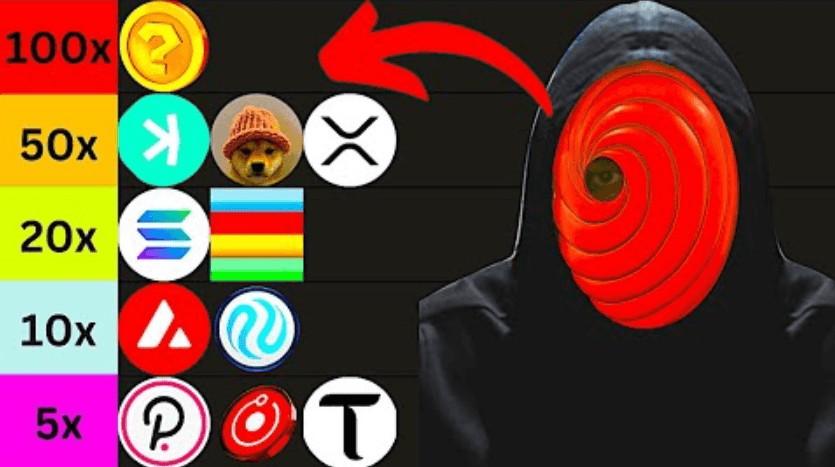Overview
Neo, originally known as Antshares, is an open-source blockchain platform launched in 2014 and rebranded in 2017. The platform focuses on creating a “smart economy” by leveraging digital assets, digital identity, and smart contracts. Neo operates on a unique consensus mechanism called Delegated Byzantine Fault Tolerance (dBFT) 2.0, which allows for efficient transaction processing and is designed for enterprise-grade applications. Neo employs a two-token system: NEO, which represents ownership, and GAS, which is used for transactions and smart contract execution within the Neo ecosystem.
Key Features and Technology
Delegated Byzantine Fault Tolerance (dBFT) 2.0
Neo’s dBFT consensus model offers fast, scalable transactions, supporting up to 10,000 transactions per second under optimal conditions. The dBFT 2.0 version improves the network’s reliability by allowing consensus nodes to recover independently from issues like network connectivity problems. This consensus mechanism supports low-latency, high-throughput operations ideal for digital commerce and










